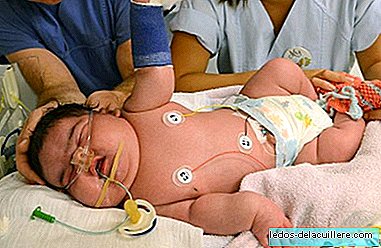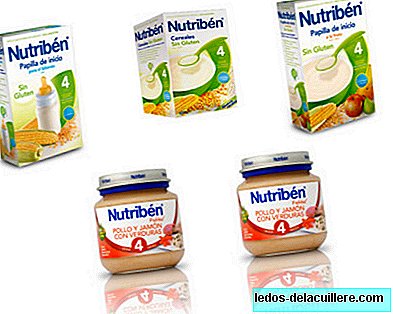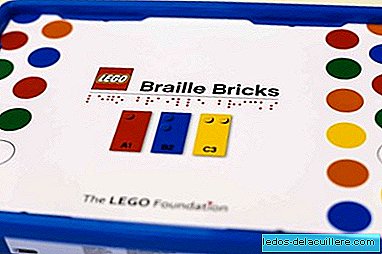
Research conducted at the University of Granada has revealed that Children who receive regular medication during the first years of life have more than double the risk of developing dental enamel defects than the rest
Up to 60.3% of schoolchildren who participated in this study and had been medicated regularly had enamel defects.
In addition, this work seems to show that bottled water during childhood prevents the appearance of defects in the development of tooth enamel, as well as alterations in the mineralization of dental hard tissues during the period of tooth formation.
These conclusions are drawn after analyzing a total sample of schoolchildren of 1,414 children aged three to twelve years, who underwent oral examination.
Enamel development defects they are alterations that manifest themselves qualitatively or quantitatively, appearing as a deficiency in the thickness of the enamel (hypoplasia), a pathology whose prevalence is growing worldwide.
What causes these defects is sensitivity and pain in the affected teeth, dental fractures, lack of space for the eruption of permanent teeth and, consequently, psychological and social relationships due to alterations in aesthetics, phonetics and function chewing
The work carried out at the University of Granada has demonstrated a high prevalence of dental enamel defects in the study population, being higher in the group of children with permanent dentition, than in the group of children with temporary or mixed dentition.
By age, as the age of schoolchildren increases, the presence of defects increases (from 46.8% at three years to 56.6% at eight years).
These conclusions are interesting, which show how we must take care of the oral health of children from an early age. I hope there is more research on running water, which is sure that in many places it not only harms children's teeth but our health in general.












